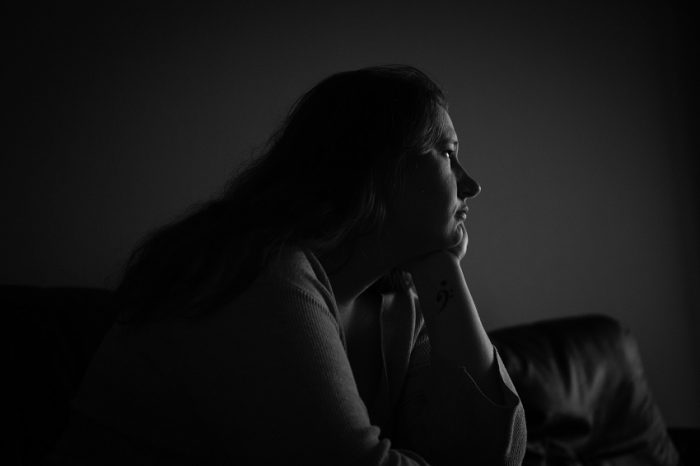Elephant’s Continually updating Coronavirus Diary. ~ Waylon
~
When I started my nursing career back in 2001, I was a mature student—and yet I felt far from mature when faced with individuals, families, and communities during their most emotive times of death and the grief thereafter.
Just two decades ago, there were three types of grief: normal, absent, or delayed. So you were either grieving, not grieving, or due to grieve at some point in the future. It is generally accepted that there are now around 17 different types of recognised grief processes, and I feel that number is set to increase as we find ourselves in these unprecedented times.
We live in a society that is uncomfortable discussing death or grief, but then, in what seemed to be the blink of an eye, people have had to face their own mortality, and that of colleagues, friends, and family, as sudden death descended on our loved ones and society as a whole.
We are rarely ever prepared for death and grief during “normal” times, and especially not so now. There has been a notable shift from feeling immortal, particularly among the young and healthy, into everyone facing the reality that there are limits on how and when we live and die. As our personal encounters with mortality bring us to observe and transform our own lives, we can only hope that the societal encounter with mortality has the beautiful potential to transform our lives for the greater good.
I have worked in healthcare for over 30 years, from the pharmaceutical field to chemotherapy nursing, and I have witnessed death and grief in so many different ways, from both a clinical and spiritual perspective.
Our grief is never like anyone else’s—as we are not like anyone else. We all have our own life experiences and beliefs, which influence how we process grief. However, there are some key elements to grief which run through many of these processes. I foresee that through the COVID-19 pandemic, a new type of grief will rise, which I have started referring to as Isolation Grief, and it will be multifaceted in its presentations.
Firstly, the health of our loved ones is deteriorating, and it is doing so without us by their side when they need us most. The anger, guilt, questioning, and sadness that come from this loss of control and feeling of hopelessness is enough to trigger a grief response in itself.
And it then follows that the second layer of Isolation Grief hits: death itself.
The third aspect comes from those who have positively overcome COVID-19. Survivors have spoken about how they experienced an overwhelming sense of grief during their illness, not simply from their loss of health and certainty, but due to intense emotions such as despair, sadness, hopelessness, and depression.
The fourth and final part of Isolation Grief is the loss of our sense of normalcy. When we are unable to go about our usual day of work, to socialise as we would have done just a few months ago, to have a reliable income, or to freely travel, we grieve the loss of the life we knew and trusted. So whether you are affected by the loss of your normal daily existence, the loss of your health from experiencing COVID-19, or the loss of connection from being isolated from a loved one during their most transitional stage of life, the emotional impact of these life-changing events will surely come with huge repercussions and grief symptoms.
We are living in a world that has lost so many last goodbyes. So many lasts of too many things: closure, words, embraces, dreams. There is no singular sentence that can comfort a world of broken hearts and lives, but I hope the following words bring a glimmer of light to the darkness that is grief:
For those of you who were unable to be with your loved ones when they died, please know they were never alone. They were surrounded by our amazing and courageous healthcare professionals in their precious last moment here on Earth.
They also had an invisible army of loved ones by their side, as we are never truly alone. I know you wanted to be there, and I know they wanted to have you there, but your love and communication goes beyond the limits of a hospital ward, and even beyond this earthly plane.
So, allow all your feelings of grief to come: the shock, the anger, and the sadness. But try to release the guilt. Your heart is already heavy from loss and need not be burdened by more. Breathe in the love of those you loved, and allow it to lighten your load, knowing that some people bring such a bright light to our world that they have the power to continue to light us up even after they have gone.
Shine on, beautiful soul.
~











Read 1 comment and reply